I’ve just finished conducting a nine day residential training in Japanese Psychology at the ToDo Institute in Vermont. During portions of the training we put up a large piece of flip chart paper in order to create a Thank You – Sorry board. The image you see in front of you is an example of such a board after it’s been filled in. The process is really very simple. The top half of the board is reserved for notes of thanks from one person to another. The bottom half of the board is reserved for notes of apology. Throughout the day, people can walk up to the board and grab a marker and scribble a short note, either thanking someone or apologizing to them. As the board gets filled in, it becomes a record of some of the acts of kindness that have taken place that day.
-
DANCING WITH THE DRAGON (OF DEPRESSION)
Gregg Krech, , Depression, Mental Wellness, depression, Mental Wellness, 0
by Carol Stevens For many years, I lived in fear of the Dragon. Even when I felt “good,” it...
-
Unwanted Guests in Your Head
Gregg Krech, , Acceptance, Mental Wellness, Morita Therapy, Taking Action, Acceptance, Action, Getting Things Done, Mental Wellness, Taking Action, 0
We’re about midway through our Taking Action course. People pick a project that is unfinished or unstarted and then...
-
Expanding the Day
Linda Anderson Krech, , Attention/Mindfulness, Gratitude, appreciation, Attention, food, Mindfulness, 0
Expanding the Day by Linda Anderson Krech To cope with the extreme seasons we have here in Vermont, we...
-
What Would Happen if Joan Baez married Mahatma Gandhi?
Gregg Krech, , Mental Wellness, Morita Therapy, Taking Action, ToDo Institute, Acceptance, anxiety, Getting Things Done, Taking Action, 0
Here’s Joan Baez: “Action is the Antidote to Despair” And now Gandhi: “Satisfaction lies in the effort, not in...
-
5 Things to Do to Start the New Year on the Right Track
Gregg Krech, , Holidays, Mental Wellness, New Year's, Taking Action, ToDo Institute, new year, Purpose, Taking Action, Thirty Thousand Days, 0
If we’re lucky enough to see the start of a new year, let’s be smart enough to use it...
-
Examine Life Outside the Boundaries of Your Suffering
Gregg Krech, , Gratitude, Attention, gratitude, Mental Wellness, naikan, 0
Ironically, the occasions of our greatest focus are often when we are suffering. We may be struggling with an...
-
Work with the Conditions You Encounter
Gregg Krech, , Acceptance, Mental Wellness, Taking Action, ToDo Institute, 0
Janet Lipner had a realization recently. She attended a tree care program and, after getting certified, she helped to...
-
Beyond the Veil of Disappointment
Gregg Krech, , Coping with Crisis, Gratitude, Life Not on Hold, Mental Wellness, ToDo Institute, Crisis, depression, gratitude, 0
We can’t be thankful for the empty shelves at the supermarket, but we can be thankful for the food...
Categories
Thirty Thousand Days
Recent Reviews
-
Constructive Living
Rated 5 out of 5by Mitsuo Ao -
Constructive Living
Rated 5 out of 5by Elisabeth Kubler-Ross, M.D. -
How To Live Well: Secrets of Using Neurosis
Rated 5 out of 5by Henry Kahn, M.D. -
Naikan: Gratitude, Grace, and the Japanese Art of Self-Reflection, Anniversary Edition
Rated 5 out of 5by Rabbi Rami Shapiro, author of Proverbs, the Wisdom of Solomon


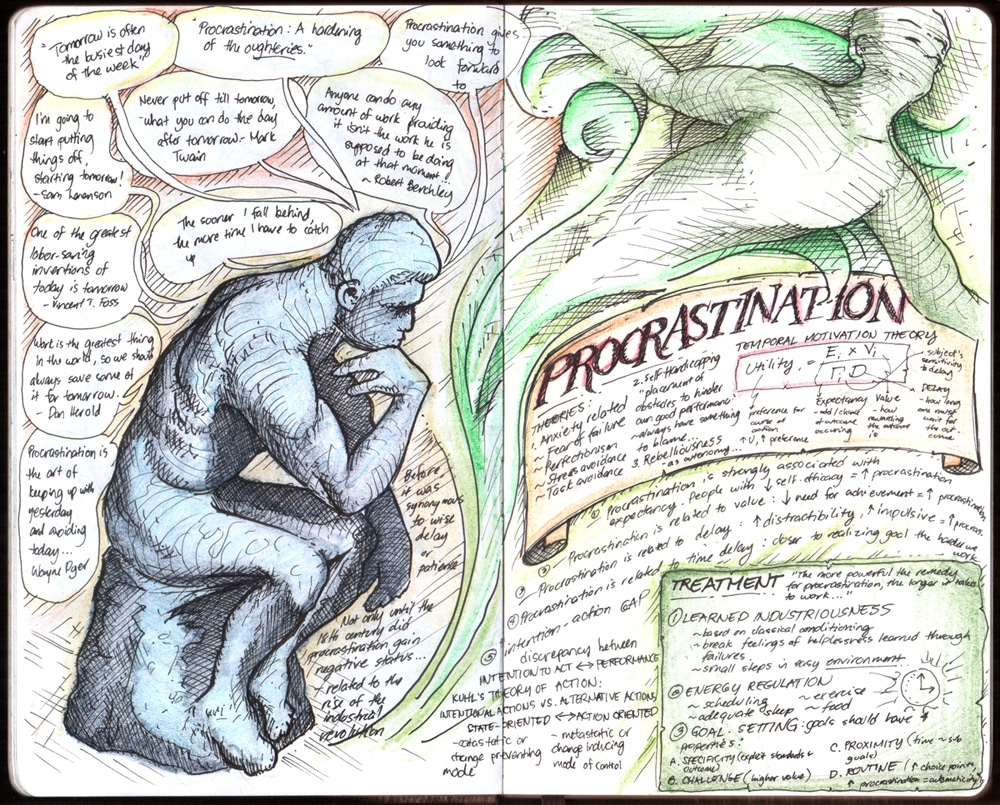

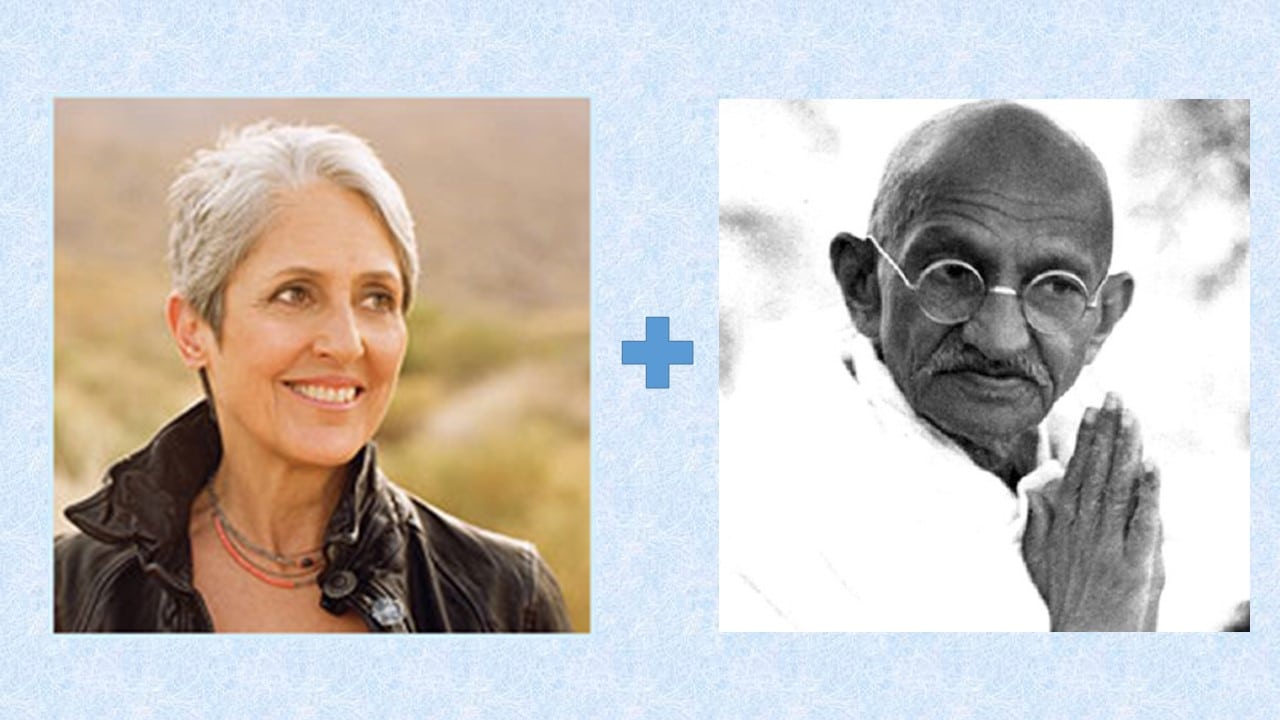
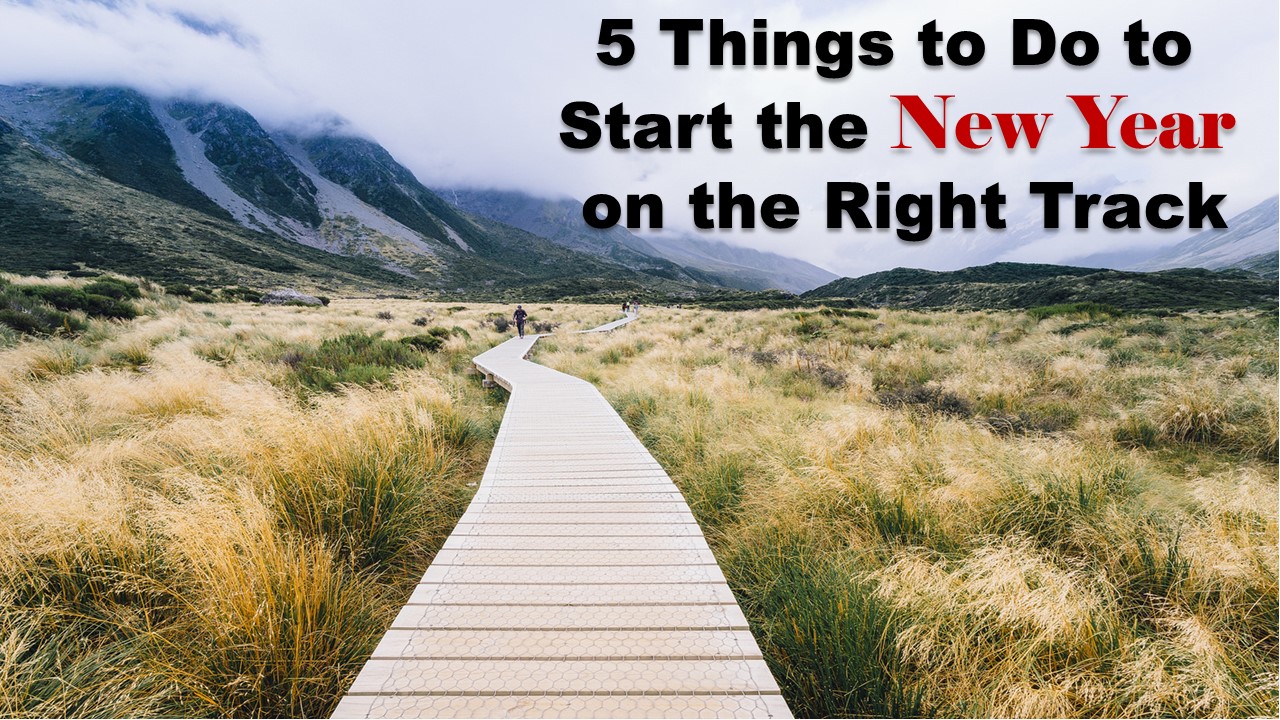
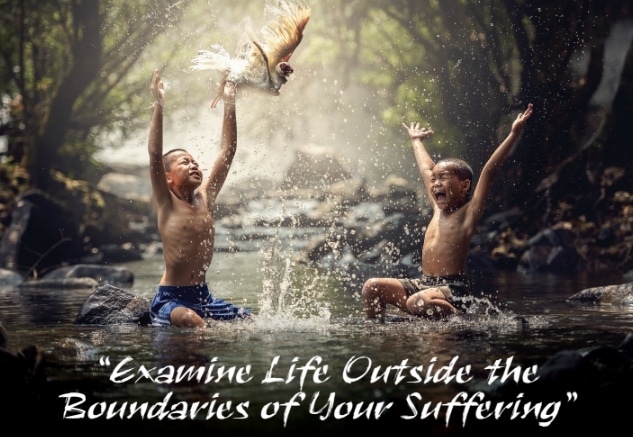

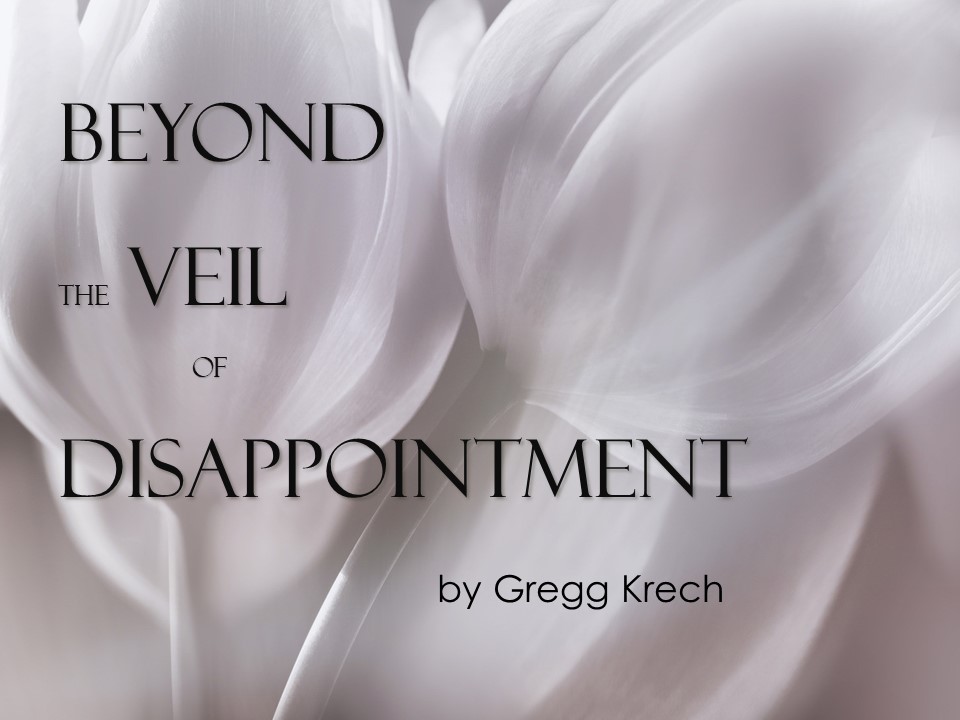




Comments are closed.
Hi Gregg,
Thanks for posting this video today. This board seems like a skillful tool to use with a group. And it just so happens that earlier today I was thinking ” what sort of idea from Japanese Psychology can I take to this group this afternoon?” I’m beginning 12 weeks of coaching an intern as she works with seven young adults – ages 17 – 21 in a government funded jobs readiness program. They will be together 5 days a week doing computer training, GED, job coaching and then interviewing for jobs. The Friday group will provide leadership skills, provide a planning time for a group service project and also be a space to work on their relationships with each other and address issues that come up during the week. This board seems like a perfect way to introduce the whole idea of noticing what it is you notice in relationship to others and to practice expressing thanks and regret.
Thank you again for this simple tool.
Margaret